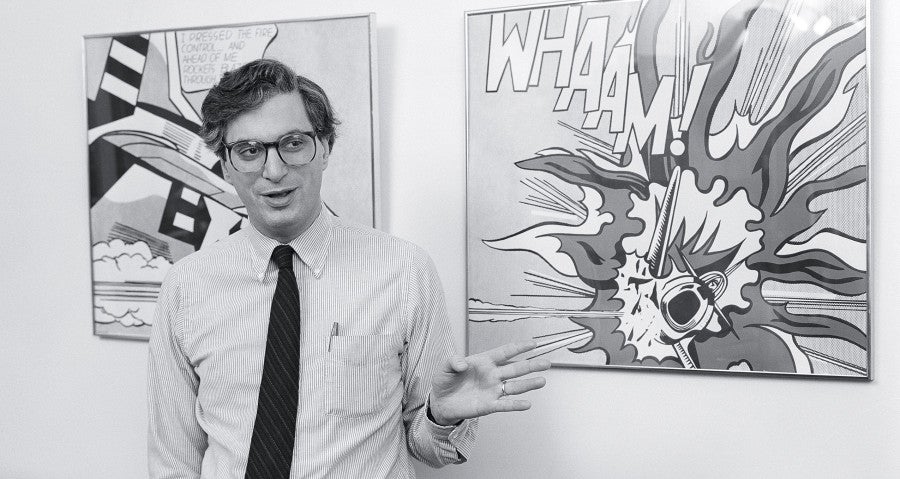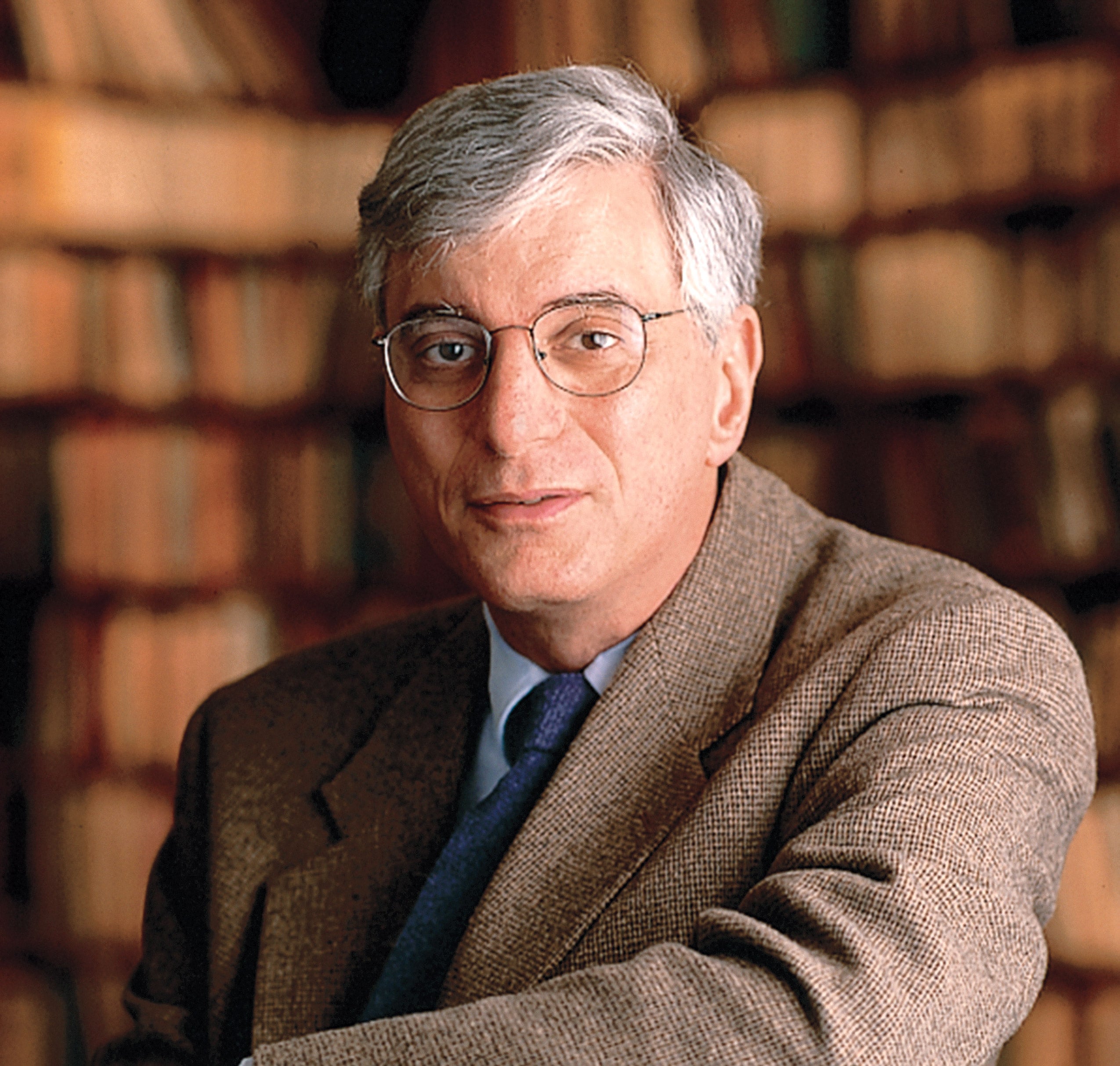The Gift of Impossibly High Expectations
Dan Meltzer was my favorite teacher in law school, and he remains the person I most want to be when I grow up. But I must confess that his class was often one of my more stressful experiences at Harvard. Part of it was that Federal Courts had a reputation as the biggest, baddest course in law school. And it didn’t help that, walking into class on the first day, I spied nearly every classmate I had ever worried was smarter than me. But the worst of it, frankly, was Dan. Not because he was mean or overbearing—quite the opposite. Dan’s brilliance was obvious, but he paired it with a profound gentleness and an obvious confidence that we were up to the difficult task he set before us. What stressed us out was that we loved Dan from the first day, and nobody wanted to let him down.
In his gentle, unassuming way, Dan offered his students the gift of impossibly high expectations. Contemporary law schools have largely rejected the Kingsfieldian model of terrorizing students, but sometimes intellectual rigor gets thrown out in our rush to make students comfortable. Dan was far too kind a soul to play Kingsfield. But he paid us the compliment of assuming that we were people basically like him—that is, prepared to work as hard and think as deeply as it took to understand a very difficult set of legal problems. We wanted desperately to show that we shared this samurai-style professionalism.
Dan also offered us a way of thinking about the law that, for many of his students, profoundly shaped how we think about our calling. Harvard expects its students to assimilate vast quantities of doctrinal detail while also rubbing their noses in the law’s indeterminacy and frequently political nature. This can be terrifying—it’s awfully hard to devote yourself to answering difficult legal questions when you also suspect that those questions may not have “one right answer” at all.
Accepting much of that indeterminacy and flux, Dan still insisted that law could resolve disputes in a coherent way. He was not simply our leading Federal Courts scholar; Dan was the best exemplar in his generation of the Legal Process school of jurisprudence that gave birth to Federal Courts as a distinct field of legal study. That approach coped with widespread disagreement about underlying values—think of disputes about race or abortion—by focusing on legitimate processes for dispute resolution. By opening this line of thought, Dan did more than any other teacher to help me keep believing in the law.

Dan’s way of thinking also influenced how we treated one another. Harvard students can be opinionated and prone to self-importance, and the combination produces heated political disputes. But an essential point of Federal Courts law is that we often must respect a particular actor’s legitimate claim to decide a question even if we would answer it differently ourselves. Dan constantly asked whether a court’s or an agency’s decision was reasonable, even if we thought it was incorrect. Of course, the principle that others must be respected as reasonable even if we disagree extends far beyond problems of federal jurisdiction. It is why I tell my students that “Federal Courts is a way of life.” And it is no doubt why Dan was able to befriend so many people whose political views diverged significantly from his own.
Years after graduation, I returned to Harvard as a young scholar to give a Harvard faculty workshop. Dan showed up ahead of time to wish me luck, which surprised me because I had been fairly anonymous in his class. But Dan remembered, and over the years he became a wonderful mentor in our shared field. No other figure more profoundly shaped who I am as a lawyer and a scholar. But the best part is that I can claim him as my friend.
Nowadays, the polarization in society at large is creeping into the law, and one despairs that people from different camps can ever persuade one another of much of anything. We need Dan’s generosity of spirit, insistence on analytical rigor, and ability to see the legitimacy of opposing positions now more than ever. His untimely passing leaves a yawning gap in both his scholarly field and the profession at large that can never be filled. But we can still try hard not to let him down.
Ernest A. Young ’93 is the Alston & Bird Professor at Duke Law School.
→ The December issue of the Harvard Law Review will include essays on Meltzer’s scholarship.
